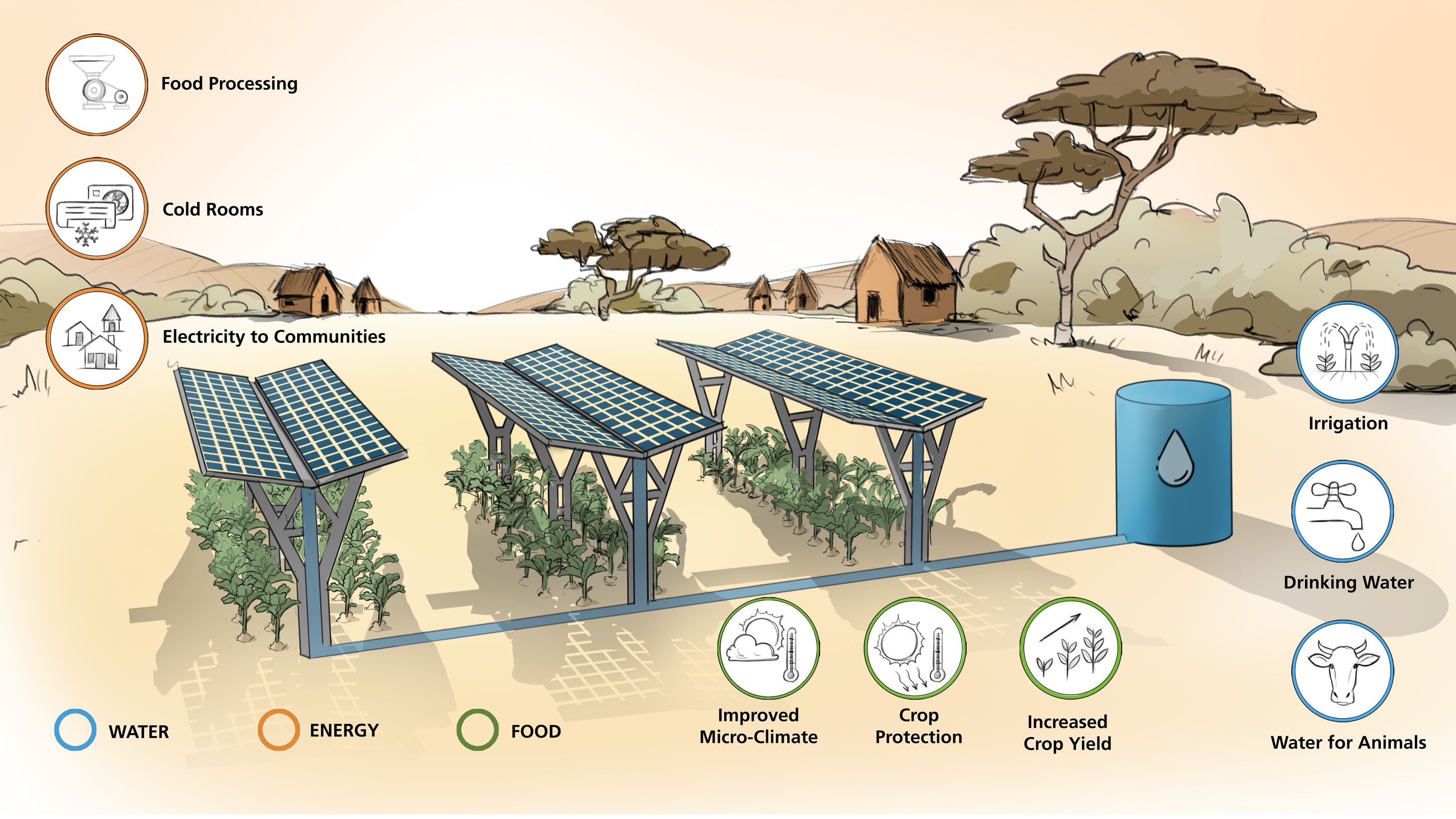| Duration: | 08/2020 - 12/2023 |
| Contracting Authority/ Sponsors: |
“CLIENT II – Internationale Partnerschaften für nachhaltige Innovationen”; im Rahmenprogramm “Forschung für Nachhaltige Entwicklung (FONA3)” Bundesministeriums für Bildung und Forschung (BMBF) |
| Project Partners: | German Partners Universität der Vereinten Nationen – Institut für Umwelt und menschliche Sicherheit, Deea Solutions GmbH, Albert-Ludwigs-Universität Freiburg Mali Partners Rural Polytechnic Institute of Training and Applied Research of Katibougou, Malian Awakening Association for Sustainable Development, West African Science Service Center on Climate Change and Adapted Land Use – Mali, Ministry of Secondary, Higher Education and Scientific Research (associated partner) The Gambia Partners West African Science Service Center on Climate Change and Adapted Land Use – The Gambia, Food and Agriculture Organization of the United Nations Technical Office, National Agricultural Research Institute, Nadji.Bi Gambia, University of The Gambia, Ministry of Higher Education, Research, Science and Technology, The Gambia (associated partner), Yingli Namene Solar Ltd (associated partner) |
| Website: | https://agri-pv.org/en |
| Project Focus: | |
APV-MaGa – Agrivoltaics for Mali and Gambia: Sustainable Electricity Production by Integrated Food, Energy and Water Systems
The agrivoltaic project in Mali and the Gambia (APV-MaGa) is a research and development project that aims at proofing the technical and economic viability of an integrated triple land-use system in order to contribute to a more ecological and socio-economic sustainable development of the partner countries and in general, the West African economy. Thus, the double land use of agrivoltaics is extended by the range of water management. Furthermore, APV-MaGa aims at uniting agricultural research, socio-economic strategies and solar energy expertise to reveal challenges and opportunities of APV systems and to gain a deeper understanding of synergies and interactions between the Food-Water-Energy-Nexus.
The project APV-MaGa targets the demonstration and analysis of the potential of agrivoltaics for Mali and The Gambia. In a holistic approach, an interdisciplinary consortium of German, Malian and Gambian project partners shed light on technical, social-economic and environmental aspects of the technology.
To proof the technical and socio-economic viability of the technology in the West African context, five demonstrators in total will be developed and installed in both countries – one demonstrator in Mali and four demonstrators in The Gambia. Each demonstrator will be tailored to the needs of the respective countries. Synergies between the three layers of the water integrated agrivoltaic systems shall be used to maximize the yields of food, water and electricity without exploiting natural aquifers in the case of Mali.
Whereas in The Gambia, the installations will consist of four different demonstrators (including irrigated rice cultivation, transformation platform, cold storage facility and a small scale integrated rainwater harvesting plant) which will enable the use of water pumps, cereal mills, cold chamber, packaging and labelling tools. The integration of a sustainable water management and a socio-economic embedment of the agrivoltaic concept represent the core of the R&D activities. Furthermore, the integrated concept for The Gambia will integrate a community-based business model for a small and medium sized farm. The collected revenue from the systems will be used for the refunding of the investment share contribution and for maintenance of the facilities. In order to enable the most sustainable use of Agri-PV, questions regarding the necessary framework conditions and incentive structures are investigated together with the Wilfried-Guth Endowed Chair for Regulatory and Competition Policy, the University of Freiburg and Gambian partners.
